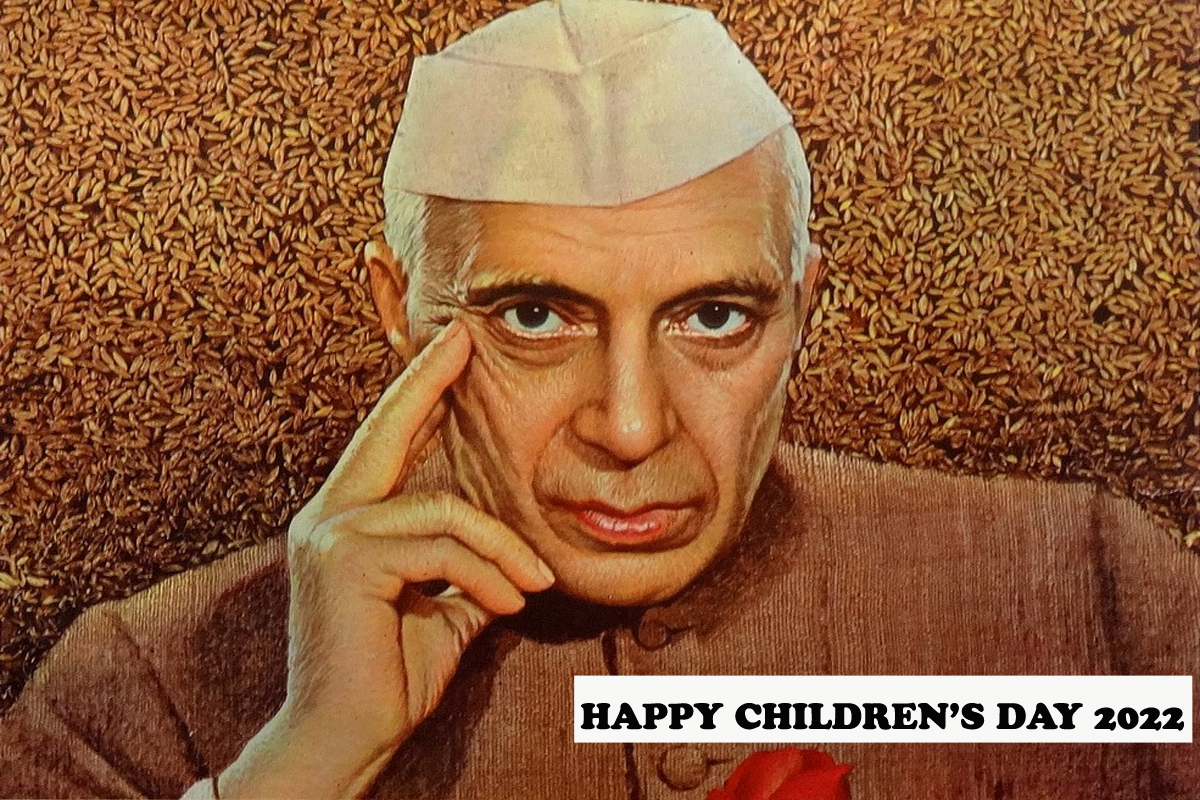Today is the 14th of November; the special day we celebrate every year as Children’s Day to mark the birth anniversary of our beloved leader and the first prime minister of Independent India, Pandit Jawahar Lal Nehru. Earlier, the day was celebrated as universal CHILDREN’S DAY in India as a United Nation programme for underprivileged children.
The concept of universal children’s day was first given by an Indian diplomat VK Krishnan Menon. Later, this concept was approved and accepted by UNO worldwide. However, after the death of Nehru in 1964, it was unanimously decided to celebrate his birthday as a children’s day.
Advertisement
Children’s Day is observed in a unique manner in India as Bal Diwas to serve as a reminder of Nehru’s advice on the value of youth in nation-building. It is reported that the late prime minister had a special affection for children.
“Tomorrow’s India will be created by today’s children. The country’s destiny will be determined by how we raise them,” Nehru had once said.
Special Resolution
In India, it is a significant day on which a resolution to recognise Jawaharlal Nehru’s birthday as Children’s Day was approved by the Indian Parliament after his passing away in 1964. Since then, Children’s Day is observed on November 14 in honour of the great leader of India.
Contribution to Education
The free publicly financed government school system in India was established by Nehru, who dedicated himself to the cause of education of children. The Indian Institutes of Technology (IITs), the All India Institutes of Medical Sciences (AIIMSs), and the Indian Institutes of Management (IIMs) were all founded during his tenure as the prime minister.
IITS and IIMS
Nehru reportedly lobbied for a special Act, which led to the founding of the first IIT at Kharagpur, West Bengal, in May 1950. He played a key role in creating Powai, Mumbai’s first IIT in West India. IIT Bombay was founded in 1958 with help from the Soviet Union. Due to this, and potentially as a result of the Cold War, IIT Kanpur was founded in the north with support from the US in 1959.
The late prime minister significantly contributed to the creation of the IIMs and AIIMS. According to the report, the original AIIMS was supposed to be built in Calcutta but was moved to New Delhi after refusal by the then West Bengal Chief Minister, Bidhan Chandra Roy.
The Motilal Nehru National Institute of Technology (MNNIT), Allahabad, founded by Nehru in 1961, opened its doors to students in 1965 under the leadership of his successor, Lal Bahadur Shastri.
In his Five-Year Plans, Nehru pledged to offer children free elementary education. Children referred to him as “Chacha Nehru” with affection and love. He was firm on giving a caring and conducive atmosphere for children to study and grow since they are the society’s cornerstone and would eventually become its leaders and flag-bearers. Nehru had once said that “children are the future of any country”.
Child Labour
With time things have changed with a deserted future. There are more than 10.1 million child Labourers in India, according to UNICEF, who are mostly between five and 14 years of age. These kids manage their living by working in factories, in households, at construction sites, tea stalls, and railway stations and lose their childhood along the way, which is the real cost we are paying as a nation.
Child trafficking plays an important role in child labour. There are two types of trafficking, one is forced domestic child labour, and another is sex trafficking, in which many girls and boys are bought and put into the sex trade. Placement agencies are involved in the trade. These agencies are not just responsible for child domestic labour but also for the sex trade.
Till a few years ago, hiring child labour was not an offence. Today it is, with a person found guilty liable to pay a fine of Rs 50,000. There is a need for more stringent laws and their strict implementation to ensure a long-lasting solution to the scourge.
India today has the world’s largest educational system which faces many a hurdle resulting in low literacy that eventually leads to child trafficking and child labour in the country. On the occasion of this Children’s Day, we should pledge to keep every child in the country safe, give him/her a better life and thereby a better future, and allow him/her to learn and do the best in life.









